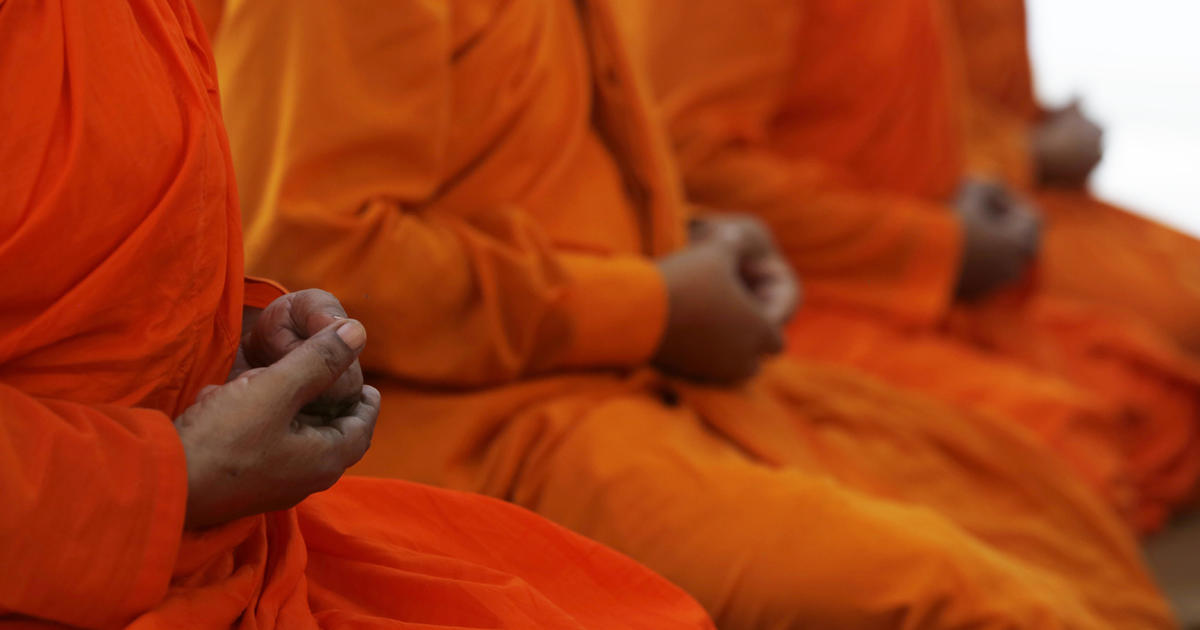Authorities Investigate Thai Monastery Following Discovery of 41 Bodies Used in Meditation Practices
In a startling development, Thai authorities have initiated an investigation into a Buddhist monastery in Phichit province after uncovering 41 human bodies allegedly employed in meditation rituals. This revelation has ignited a nationwide discourse on the ethical boundaries of religious practices and the sanctity of human remains.
Discovery and Initial Response
On November 23, 2024, law enforcement officials conducted a search at Pa Nakhon Chaibovorn monastery, leading to the discovery of 41 cadavers. Each body was accompanied by death and body donation certificates, suggesting that the remains were legally obtained. However, authorities are reaching out to the relatives of the deceased to confirm that the bodies were donated willingly and to ensure that none were stolen.
Monastery’s Justification
Phra Ajarn Saifon Phandito, the head of the monastery, defended the practice, stating that the use of corpses was part of a “meditation technique” he developed. He mentioned that many abbots and monks come to learn and pass on this knowledge. Practitioners meditate in pavilions that hold coffins with the human remains, aiming to confront the impermanence of life and deepen their spiritual understanding.
Legal and Ethical Implications
The discovery has raised significant legal and ethical questions:
- Consent Verification: Authorities are verifying whether the bodies were donated with proper consent and ensuring no illegal activities, such as body theft, occurred.
- Religious Practices vs. Legal Boundaries: The case highlights the tension between traditional religious practices and modern legal frameworks, questioning how far religious institutions can go in their rituals.
- Public Perception: The use of human remains in meditation may affect public trust in Buddhist institutions, especially if perceived as disrespectful or exploitative.
Historical Context of Monastic Controversies
This incident is not isolated. The Thai Buddhist monastic community has faced several scandals in recent years:
- Financial Misconduct: In May 2023, seven Buddhist monks were arrested for allegedly embezzling nearly 300 million baht from a temple in Nakhon Ratchasima province.
- Drug-Related Offenses: In November 2022, a Buddhist temple in central Thailand was left without monks after all its holy men failed drug tests and were defrocked.
- Sexual Misconduct: In June 2024, the National Office of Buddhism planned to confiscate assets worth over 100 million baht from a former monk involved in a group sex scandal.
These incidents have led to increased scrutiny of monastic practices and calls for reform within the Buddhist clergy.
Broader Implications for Thai Buddhism
The recent discovery at Pa Nakhon Chaibovorn monastery underscores broader challenges within Thai Buddhism:
- Regulatory Oversight: There is a growing need for stricter oversight of monastic activities to prevent unethical practices and maintain public trust.
- Balancing Tradition and Modernity: The incident highlights the struggle to balance traditional practices with contemporary ethical standards and legal requirements.
- Public Trust: Repeated scandals risk eroding public confidence in Buddhist institutions, which play a central role in Thai society.
Conclusion
The investigation into Pa Nakhon Chaibovorn monastery serves as a critical juncture for Thai Buddhism. It calls for introspection within the monastic community and a reevaluation of practices to align with ethical standards and legal frameworks. As authorities continue their investigation, the outcome will likely influence future policies governing religious practices in Thailand.
For more information on the ethical considerations of using human remains in religious practices, refer to this BBC article.
See more Update My News



